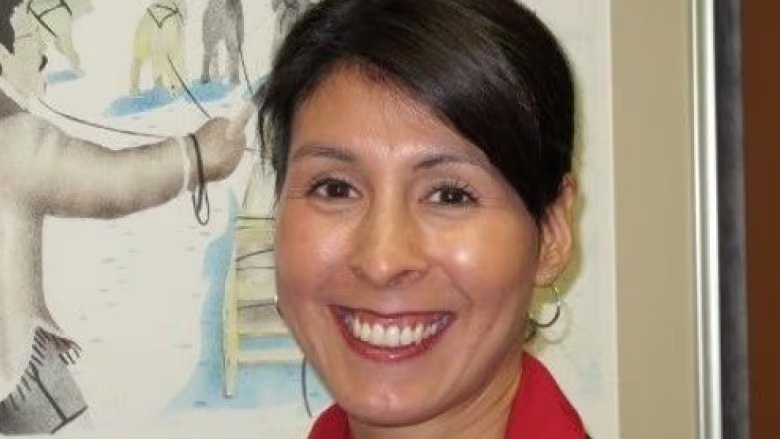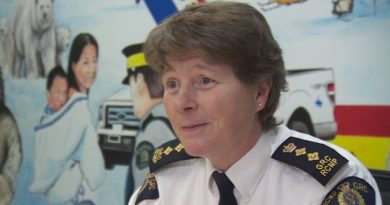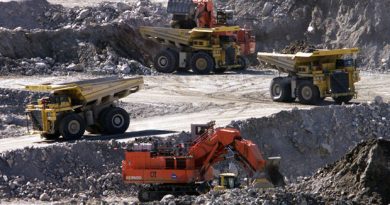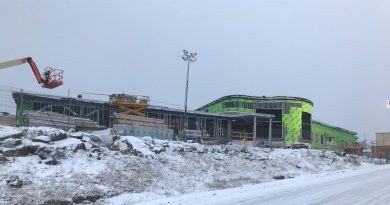Hard reconciliation work ahead for CN Rail, says Inuk member of advisory council

An Inuk member of an Indigenous advisory council for CN Rail says the council’s en-masse resignation earlier this week came because the railway wasn’t doing enough meaningful work toward reconciliation.
The 12 members of the council announced their resignations Monday, the same day the company put out a statement acknowledging the historical role railways played “as instruments of colonial policies.”
That acknowledgement fell short of what the council had recommended, said Udloriak Hanson, who represented Nunavut on the council.
“We didn’t want to perpetuate any performative gestures,” Hanson said.
“If our recommendations had been implemented, then that would be a good thing. But we did not want corporate Canada to consider creating Indigenous advisory councils just for the sake of creating Indigenous advisory councils.”
Though no railways run through Nunavut, Hanson said there’s still a history of Inuit using rail in the south, such as when they had to go to sanatoriums, hospitals and residential schools.
In a statement Monday, CN Rail said aside from its acknowledgement, it has a team working on a reconciliation action plan that should be released in 2024.
“CN is committed to its journey towards reconciliation. That journey begins with a better understanding of history, and thoughtful commitments coupled with robust governance to measure our performance against those commitments,” Olivier Chouc, CN’s senior vice-president for Indigenous relations, stated.
Call for apology framework
Hanson said she thinks CN Rail has made some “good starts” in trying to create relationships with Indigenous communities, but the ultimate purpose of the council was to advise the railway on how to make those relationships more meaningful.
Hanson said the council had recommended CN Rail come up with an apology framework that showed an understanding of what it would be apologizing for and why the apology is meaningful..
Part of that, she said, would involve Indigenous families sharing their stories of how the rail impacted them, so they can start to heal.
“Reconciliation requires two parties, and so does, you know, conversations,” she said. “It means being vulnerable. As a risk-averse organization, I think that’s a hard place to be for CN Rail, but it’s where they have to start.”
She said the railway’s acknowledgement is a step, but it isn’t a conversation or an apology. She added that at this point, the council felt it had done everything it could to advise the railway.
“Now it’s up to CN Rail to do the hard work,” she said.



